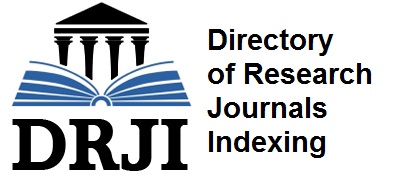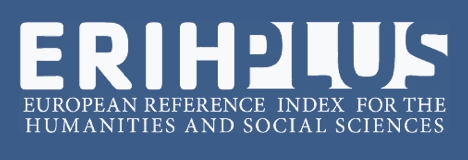“We Cannot Remain Silent”. La società civile statunitense di fronte ai golpes latinoamericani (1964-1975)
"We Can not Remain Silent". US civil society faced with Latin American golpes (1964-1975)
Abstract
L’intervento propone alcune riflessioni sulle reti di solidarietà (denuncia, informazione, lobby politica) che diversi attivisti, laici e religiosi, intessono negli Stati Uniti a partire dal colpo di stato in Brasile, fino all’arrivo dei primi rifugiati politici dal Cono Sud latinoamericano. Si tratta di una parte minoritaria ma molto vivace della società statunitense, il cui ruolo è stato poco approfondito dalla storiografia perché tradizionalmente oscurato dalle politiche governative, ma che riteniamo utile riscattare per ricostruire un quadro più completo e soprattutto sfumato delle relazione interamericane di quel decennio.
The article is focused on the solidarity network in the US (active for complaints, information and political lobby), that different activists, laic and religious, built starting from the coup dfetat in Brazil, until the first refugees coming from Chile and Argentina. This solidarity network was a very active minority, whose role has been poorly researched by current historiography, because traditionally hidden by governmental politics. However, it still represents an interesting social subject and allows us to delve into Inter-American relations during that time in more complex, nuanced terms.

This work is licensed under a Creative Commons Attribution-NonCommercial 4.0 International License.
Authors who publish with this Journal agree to the following terms:
Authors retain copyright and grant the Journal right of first publication with the work simultaneously licensed under a Creative Commons Attribution-NonCommercial 4.0 International License.
This Journal permits and encourages authors to post items submitted to the Journal on personal websites or institutional repositories both prior to and after publication, while providing bibliographic details that credit, if applicable, its publication in this Journal.

















